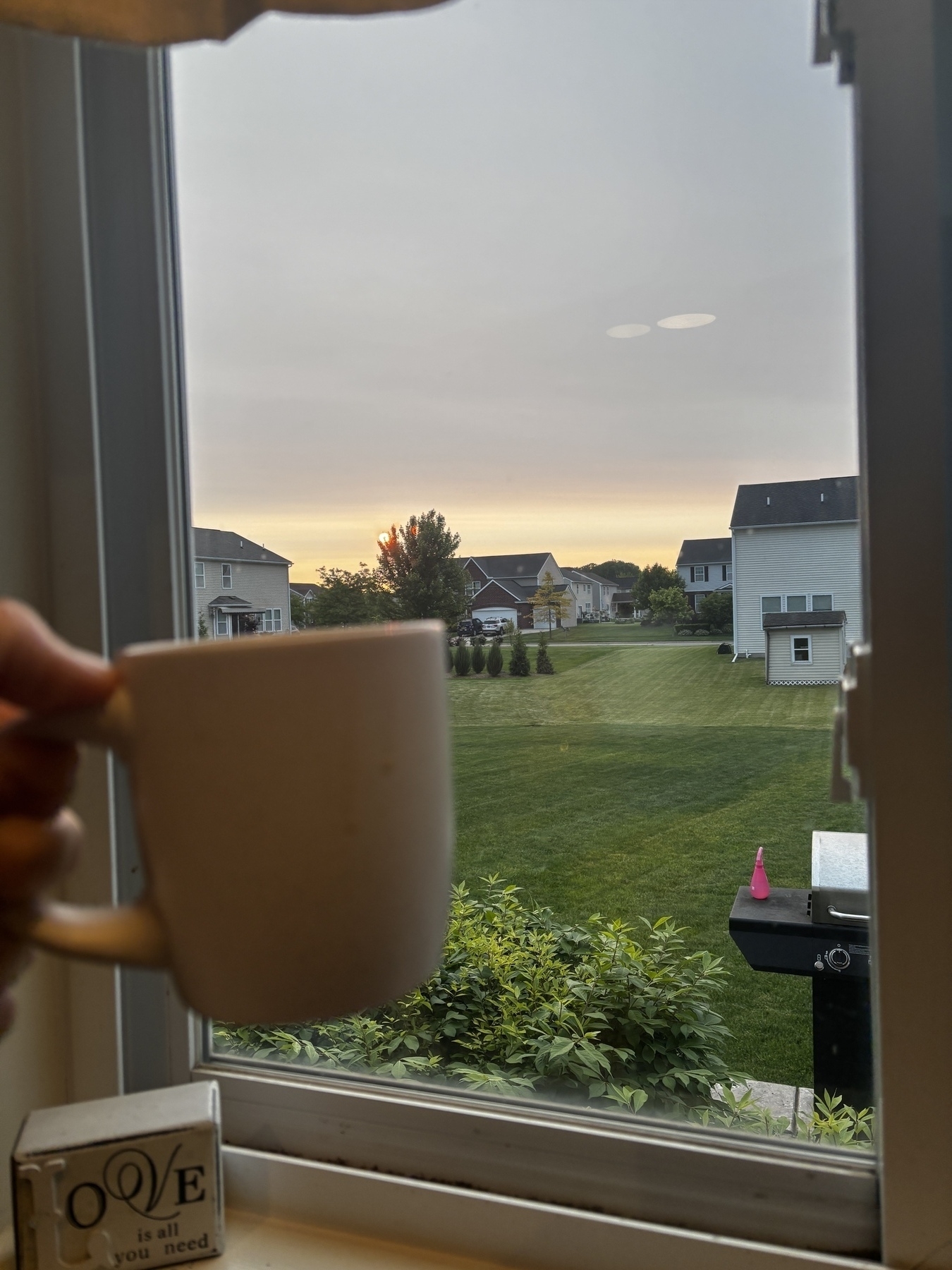Good morning! It’s FriYay! #MorningMug

Good morning! It’s FriYay! #MorningMug

Thursday lift ✅ #Discipline2025

Good morning! May you do something today that refreshes your soul. #MorningMug

Second lift of the week done. #Discipline2025

Good morning! What are you grateful for today? I’m grateful for a community of friends who care deeply for me. #MorningMug

Good morning! I hope that you find a reason to simply smile today. #MorningMug

Can’t have lift 2 for the week without lift 1. #Discipline2025

Another gorgeous sunrise! I pray that you hold your love in jars of clay today… #MorningMug

These sunrises always get me in the summer! Good morning! May you choose to connect with community and relationships today. #MorningMug

Ten week streak of a minimum of five intentional workouts. #Discipline2025

